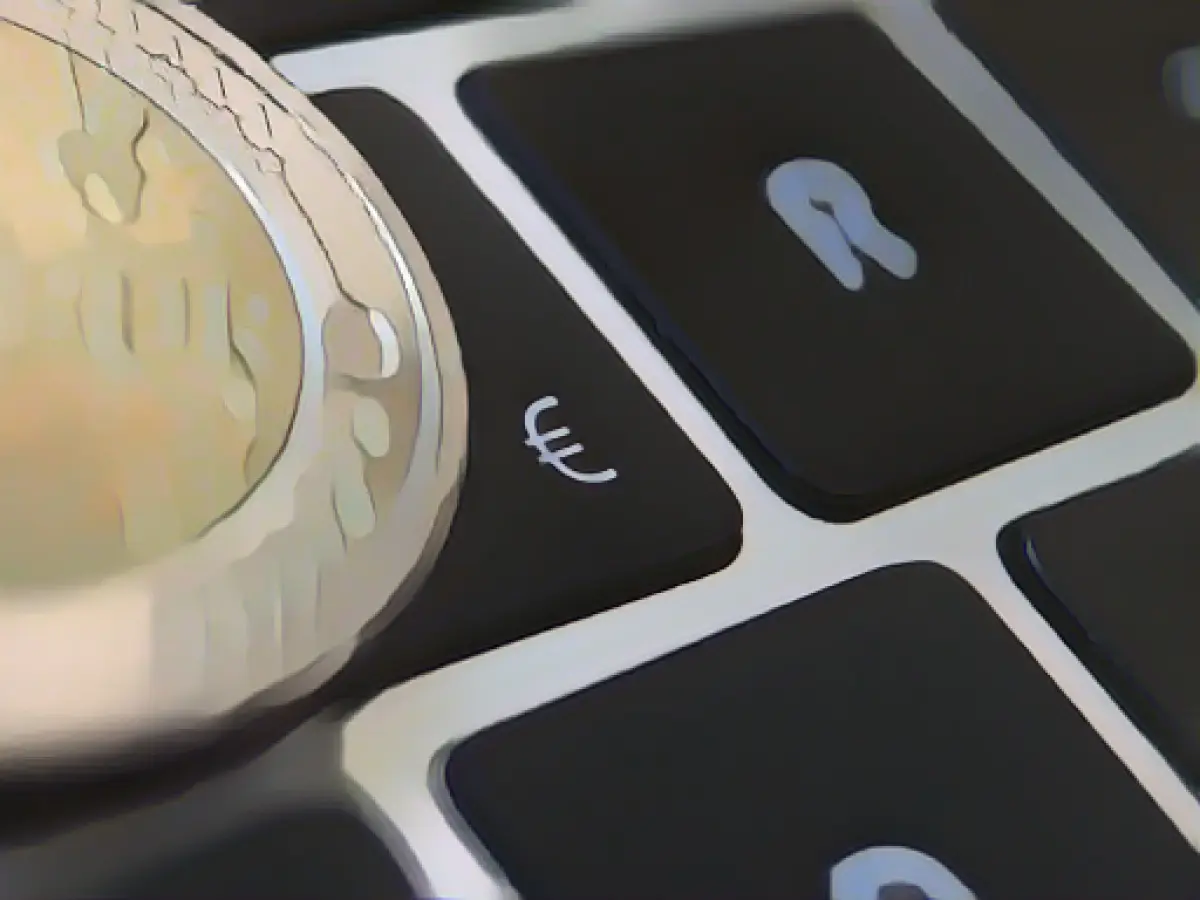One in five would use the digital euro more often
According to a survey, a digital euro as a supplement to bills and coins would also have potential among cash-loving Germans. In the YouGov survey for the management and technology consultancy BearingPoint, one in five of 2040 respondents in Germany stated that they would use a digital euro every day (8%) or two to three times a week (12%). However, a quarter (25%) of survey participants in Germany also said they would never use a digital euro.
In the survey, 13% of respondents in Germany nevertheless expressed the view that the digital euro will replace cash within the first five years of its introduction. A total of 25 percent believe that other digital payment methods such as cards, Google Pay, Apple Pay or PayPal will replace it.
A third (33%) of the 2040 respondents in Germany were unable to answer this question, for which several answer options could be selected: according to their own statements, they had not heard of a digital euro before the survey, which was conducted in seven countries from September 11 to 22, 2023.
"Knowledge of the digital euro is now relatively widespread. However, in order for the digital euro to be accepted as a supplement to cash, the level of information should be further expanded," said BearingPoint partner Robert Bosch, summarizing the results.
When will the digital euro be ready for the market?
According to Bundesbank board member Burkhard Balz, who is involved in the project, it could take at least another four to five years before a digital euro is ready for the market. Banks could obtain the digital euro from the central banks in the same way as cash. Consumers would be credited with it in a digital wallet and could pay in seconds around the clock using a smartphone, for example - even if they have no internet connection.
With a digital euro, the euro central banks want to counter private providers, particularly from the USA, which currently dominate the market for digital payments in Europe, with a European digital payment offering. If there are more offers for digital payments overall, the ECB and the EU Commission believe that this could also lead to their use becoming cheaper. Experts in more than 100 countries around the world are currently working on the development and use of central bank digital currencies (CBDC).
- Some consumers may prefer using digital payment methods like Google Pay, Apple Pay, or PayPal over a digital euro, as 25% of respondents in Germany stated they would never use a digital euro.
- With the introduction of a digital euro, traditional banks could obtain the digital currency from central banks just as they do with cash, allowing consumers to make seamless payments using smartphones.
- The potential availability of various digital payment options, including a digital euro, could potentially lead to lower costs, as the European Central Bank and EU Commission believe that increased competition in the market could drive down prices.
- The digital euro, if successful, could serve as a countermeasure against dominant digital payment providers from the USA in Europe and help establish a European digital payment offering.
Source: www.dpa.com








